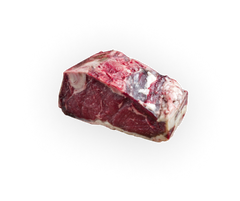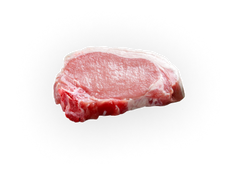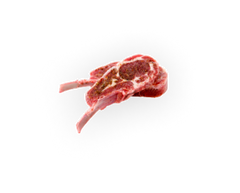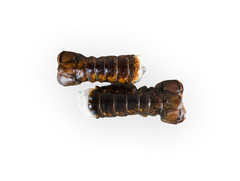In recent years, the carnivore diet has gained significant attention in the world of nutrition and wellness. As the name suggests, this diet revolves around the consumption of animal-based foods exclusively, eliminating all plant-based foods, including fruits, vegetables, grains, and legumes. Advocates of the carnivore diet claim numerous health benefits, while critics express concerns about its sustainability and potential risks. In this blog post, we will delve into the principles, potential benefits, risks, and considerations of the carnivore diet.
Understanding the Carnivore Diet:
The carnivore diet essentially boils down to an all-meat, fish, and animal-derived products eating plan. Followers of this diet primarily consume beef, pork, poultry, fish, organ meats, eggs, and dairy products like cheese and butter. The primary aim is to eliminate all plant foods, including sources of carbohydrates and fiber, to achieve a state of nutritional ketosis, where the body predominantly uses fat for fuel instead of carbohydrates.
Potential Benefits of the Carnivore Diet:
-
Simplicity and Elimination of Food Sensitivities: One of the main advantages of the carnivore diet is its simplicity. By eliminating a wide range of foods, individuals may find it easier to adhere to this diet. Moreover, people with food sensitivities or allergies to plant-based foods might find relief by avoiding them altogether.
-
Weight Loss and Body Composition: The carnivore diet's high-protein content and low carbohydrate intake can lead to reduced appetite, potentially resulting in weight loss and improved body composition. Additionally, some proponents claim that the diet helps to maintain and build lean muscle mass due to the abundant protein intake.
-
Management of Autoimmune Conditions: Advocates of the carnivore diet suggest that it may help manage certain autoimmune conditions, such as rheumatoid arthritis and inflammatory bowel disease, by reducing inflammation. However, scientific evidence supporting these claims remains limited and inconclusive.
Risks and Considerations of the Carnivore Diet:
-
Nutrient Deficiencies: Eliminating plant foods from the diet can lead to potential nutrient deficiencies, as certain vitamins, minerals, and fiber are predominantly found in plant sources. Nutrients like vitamin C, potassium, and fiber are essential for overall health and well-being.
-
Lack of Dietary Diversity: The carnivore diet is restrictive, leading to a lack of dietary diversity, which may increase the risk of imbalances and deficiencies over time. Consuming a wide variety of foods is generally considered essential for obtaining a broad spectrum of nutrients.
-
Potential Long-term Health Risks: The long-term health effects of the carnivore diet are not well-studied, and the lack of research makes it challenging to ascertain the diet's safety and sustainability over an extended period. High intake of red meat has been associated with an increased risk of certain health conditions, such as cardiovascular disease and certain types of cancer.
-
Gut Health: A diet devoid of fiber and plant-based foods can negatively impact gut health and the diversity of the gut microbiome. A healthy gut microbiome is essential for various bodily functions, including digestion, immunity, and mental health.
-
Social and Lifestyle Challenges: Following the carnivore diet can present social and lifestyle challenges, as it restricts food choices significantly. Dining out or attending social gatherings may become more complicated, leading to potential feelings of isolation and exclusion.
The carnivore diet, with its focus on consuming animal-based foods exclusively while eliminating plant-based foods, has sparked curiosity and debate in the nutrition community. While some people report positive effects on their health and well-being, the long-term safety and potential risks of this diet remain largely unknown. As with any dietary approach, individual results may vary, and it is essential to consider one's specific health needs, lifestyle, and preferences. Before embarking on the carnivore diet or any restrictive eating plan, it is advisable to consult with a qualified healthcare professional or registered dietitian to ensure that nutritional requirements are met, and potential risks are minimized. Remember, a balanced and varied diet, rich in a wide array of nutrient-dense foods, is generally recommended for overall health and vitality.










